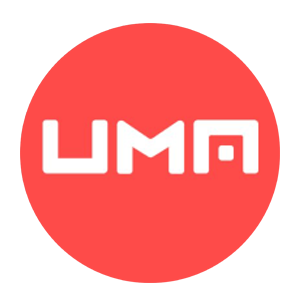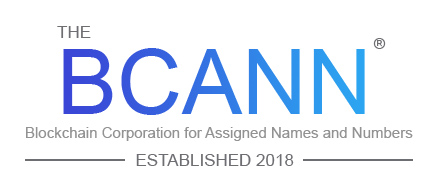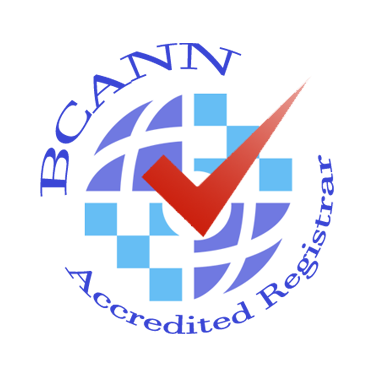
UMA is an optimistic oracle (OO) that can record any verifiable truth onto a blockchain. The OO has been called “a human-powered truth machine” because it is flexible enough to handle ambiguity and expands the design space possible in web3. UMA’s OO secures a diverse ecosystem of web3 applications, including cross-chain bridges, insurance protocols, prediction markets, and customizable DAO tooling products.
The Across bridge, Polymarket prediction markets, and Outcome.Finance DAO tools are all secured by UMA’s OO.
Who are UMA’s founders?
UMA was founded in 2018 by Allison Lu and Hart Lambur, two ex Goldman Sachs traders, with the goal of making global markets universally fair, accessible, secure and decentralized.
The team drew inspiration from traditional finance derivatives to define an open-source protocol to allow anyone, anywhere, to design and build trustless financial contracts.
What makes UMA unique?
Oracles are a key part of blockchain infrastructure. They enable communication between the external world and on-chain environments in a trustless manner. Oracles are vital for many parts of the blockchain industry including decentralized finance (DeFi) and Web3 applications.
An optimistic oracle like UMA's uses a “true unless disputed” pattern, with a tokenholder vote to resolve disputes. Anyone can propose an answer to a data request, and it is accepted as true if it is not disputed during a verification period. The “optimistic” design differs from a price-feed oracle, where prices are streamed on-chain and are instantly final.
This optimistic oracle design concept has been in development since 2014, when Vitalik first published on the matter. There have been several iterations over the years since then. The optimistic design pattern introduces the opportunity for human intelligence to weigh in. This is important for Web3 projects as they require arbitrary data that is not always possible to turn into code.
Today, the OO provides flexible, unique dispute resolution involving any kind of question or data with human input, as compared to price feed oracles, which can only push regular price updates onto chains.
How many UMA tokens are in circulation?
In September 2022, there was a supply of 108,858,567 UMA tokens with 68,947,415 in circulation.
The UMA token has traded on major exchanges for years. The token provides economic guarantees to protocols using UMA’s OO. UMA’s community of token holders provide the human component, as voters, for the OO's final resolution on disputes or queries. Tokens are also used to vote on protocol upgrades and UMA DAO funds allocations. Active and accurate voters earn a yield for their participation.
How is UMA’s optimistic oracle secured?
There are three actors in UMA’s Optimistic Oracle system: the contract requesting the data, the participant offering the data, and a potential disputant, who can dispute data if they disagree.
If a dispute arises, UMA token holders resolve the dispute within 48 hours. If the disputer is right, they get a portion of the proposer's deposit as a reward; if the disputer is wrong, they lose their deposit as a penalty, a portion of which goes to the proposer. Voting in the oracle has three phases: open voting; voting confirmation/reveal; and rewards claim period.
Rewards will compound as they are claimed. Claiming the rewards places the tokens in users’ wallets, making them active voting tokens that will increase the user’s voting power with each successful vote.
UMA is an optimistic oracle (OO) that can record any verifiable truth onto a blockchain. The OO has been called “a human-powered truth machine” because it is flexible enough to handle ambiguity and expands the design space possible in web3. UMA’s OO secures a diverse ecosystem of web3 applications, including cross-chain bridges, insurance protocols, prediction markets, and customizable DAO tooling products.
UMA’s smart contracts are designed primarily for developers building decentralized applications. All UMA token owners can participate in UMA’s optimistic oracle. UMA’s token is built on Ethereum that can be held in wallets like Metamask, Trezor, or Ledger, which must be connected to the UMA voting Dapp to enable voting.
All of UMA's oracle contracts have been audited by OpenZeppelin, in addition to the contracts for Across Protocol and Outcome's Optimistic Governor, Optimistic Distributor, and more.


